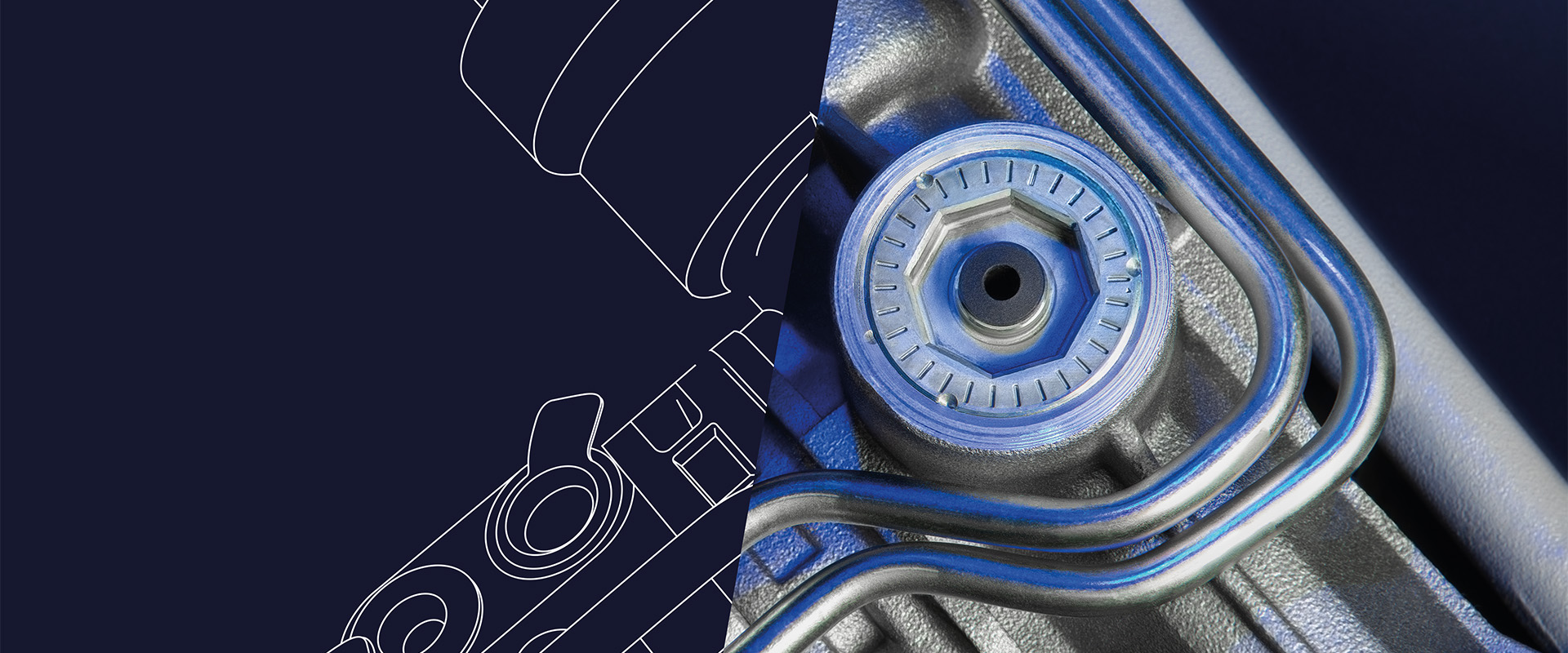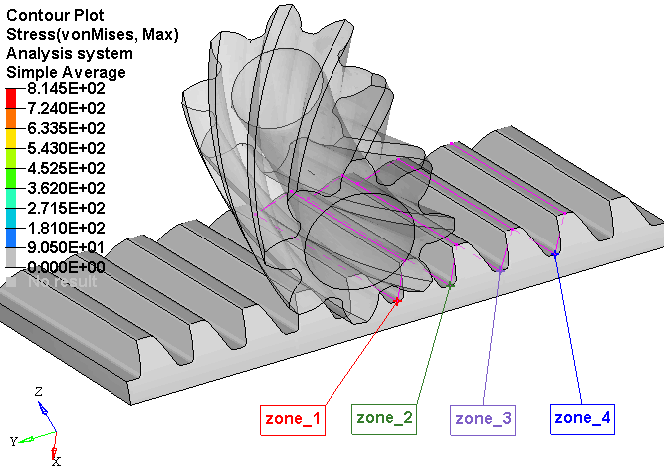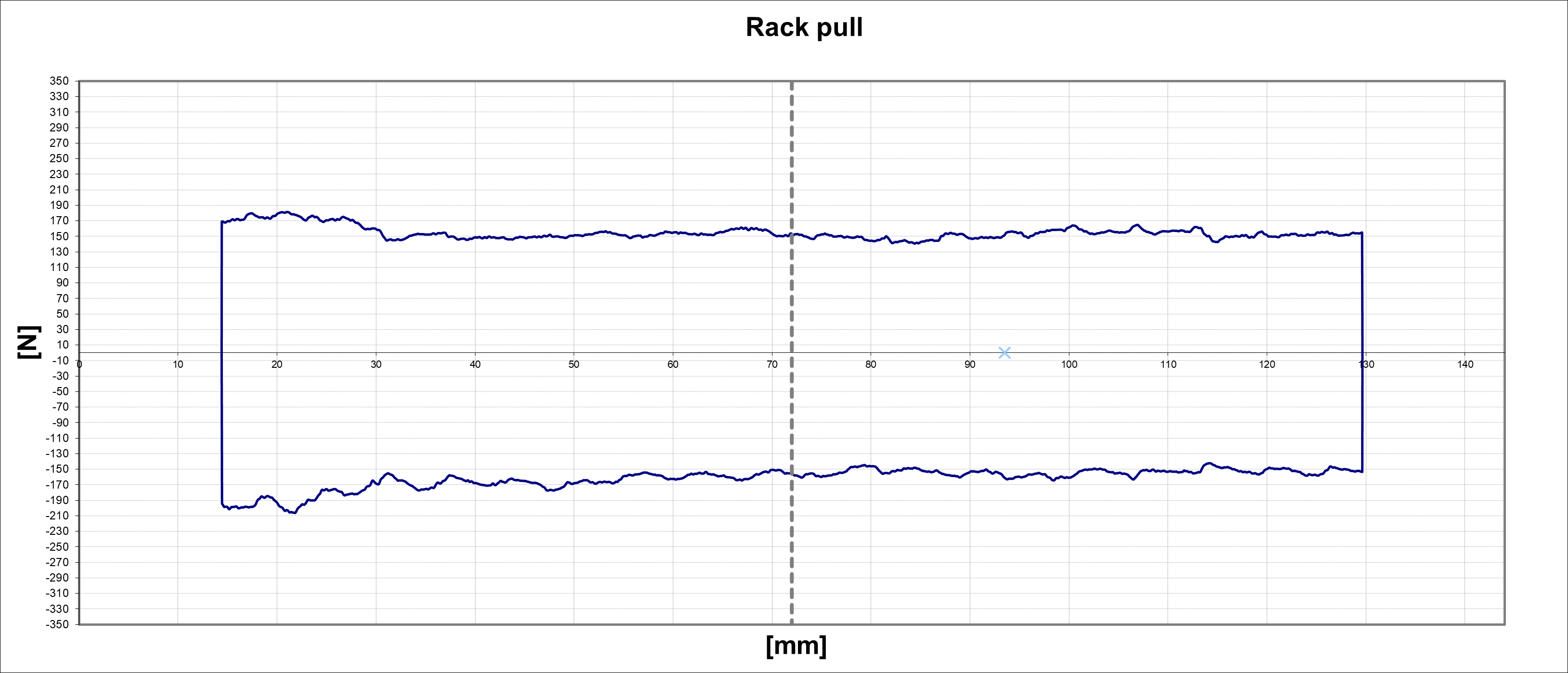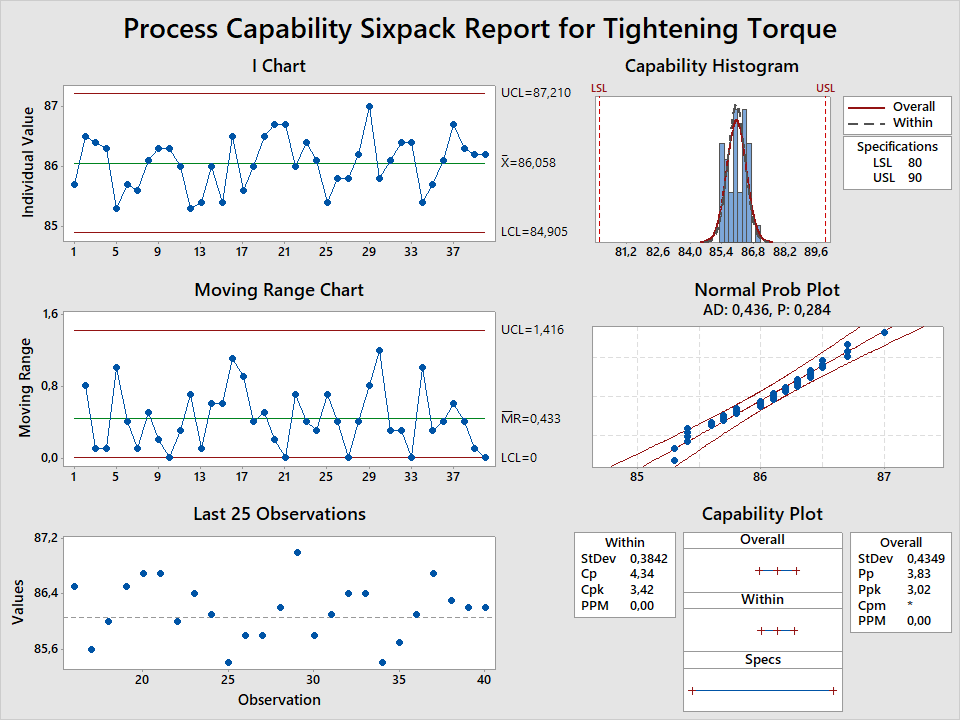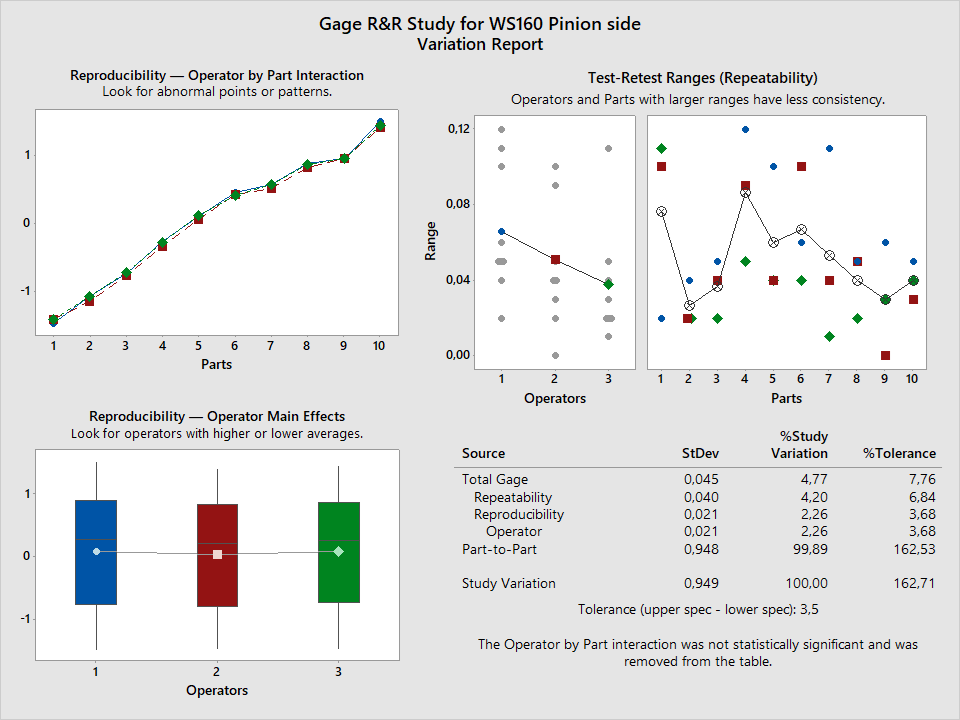Engineering
The backbone of the scientific and technical potential of the company is our employees. We have brought together the best specialists from various steering system design schools. The coordinated operations of the engineering and technical staff of the company cover the entire life cycle of the product and the following activities:
- Mathematical simulation and calculations.
- Prototyping, testing and validation.
- Design of technological processes.
- Control and management of special characteristics in production.
- Maintenance of serial life of the product.
Mathematical simulation and calculations
- Assessment of the Customer’s technical requirements.
- Layout and geometric integration of products using 3D-modeling and calculation of dimension chains.
- Development of the composition (specifications) of products.
- Deployment and structuring of special technical requirements for product elements.
- Digital validation using kinematic, static and dynamic calculations and finite-element simulation methods.
- Synthesis of engineering and technological solutions.
Prototyping, testing and validation
The designs are based on the company's extensive experience in the field of steering systems. Digital tests support the 2-step product validation, including prototyping.
- Development of validation test programs based on the results of digital validation.
- Drawing up technical documentation for the manufacture of representative samples.
- Sample manufacture.
- Laboratory analysis of materials and geometry of components, assemblies and materials.
- Development and implementation of special methods and modes of bench tests.
Design of technological processes
The industrial strategy of the company is aimed at implementation of modern approaches and automation of production management in the field of assembly, machining, and on-line inspection of products. The production management system applies the principles of identification, traceability, and SPC-analysis, which allows to manufacture products of 100% quality.
The methods we use in the production:
- Simulation of production process routes.
- Calculations of loading of assembly lines and equipment for the manufacture of parts.
- Simulation of production logistics, development of technological transport.
- Risk assessment for possible errors in production.
- Optimization of production cycles and synchronization of the technological process.
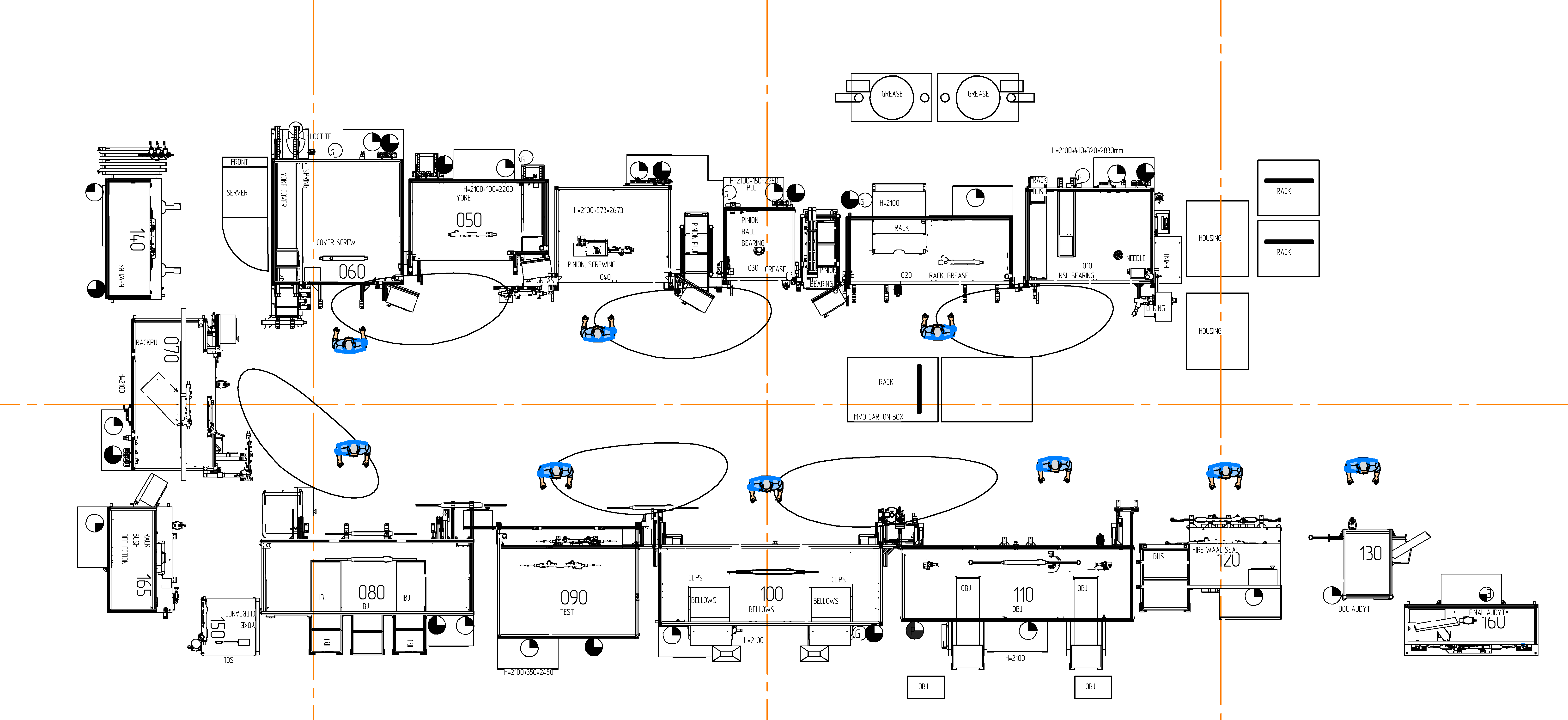
Control and management of special characteristics in production
- Development of programs (plans) for product control.
- Determination of control monitoring points for the production process.
- Determination of the amount of data for production control of geometry and characteristics of materials.
- Determination of the amount of data for incoming inspection.
- Systems for digital analysis of the production process controllability.
- Validation of the process at startup.
- Monitoring of process stability indicators.
Support of serial operation, technical support of service maintenance
The company constantly implements measures to optimize production and the serial life of products in all parameters: number of operations, cycle time, a reasonable degree of automation during assembly and final control, and in-process logistics.
- Collection and analysis of operational data to optimize production costs.
- Drawing up technical proposals on using new materials to reduce the cost of the product in its serial life.
- Development of special devices for service stations.
- Consultations with car manufacturers during maintenance.
- Development of spare parts kit and repair instructions as part of the car set.
- Systemic analysis of problems in serial life.
The main objective in working with consumers is timely response to requests. We perform systemic analysis of problems in serial life.
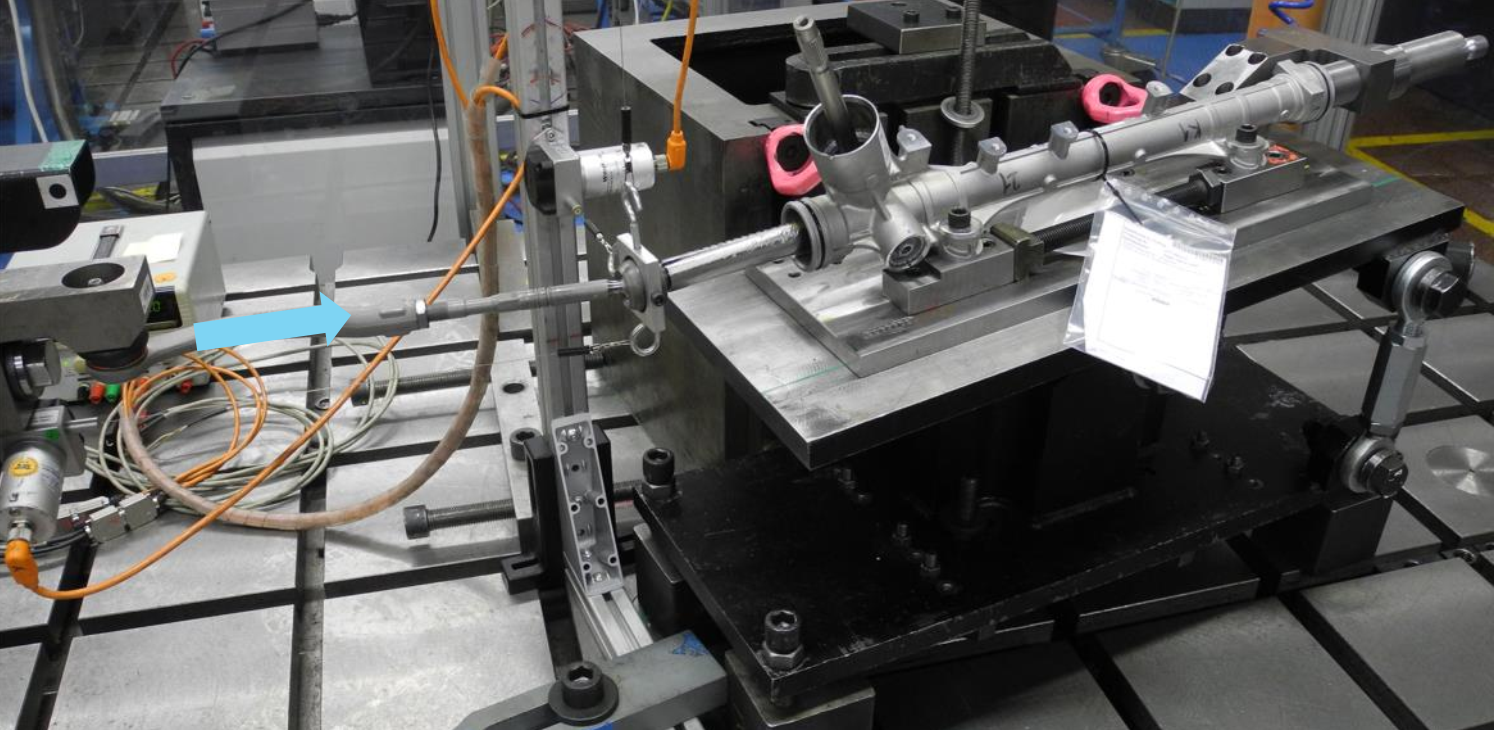
Innovations
Our company strives to enhance in-house competencies in the field of testing, developing and studying new steering units to deepen the production localization.
- Development of new steering elements from sketches to prototypes.
- Evaluation of new materials using laboratory research and bench tests.
- Evaluation of technologies from related industries for prospects of their implementation in the production process.
- Development of mathematical models of steering elements.
- Verification tests.

Project management
The projects are implemented based on modern requirements of international standards (IATF 16949:2016). The project documentation is submitted per the APQP, PAPP, ANPQP (RSA) standards.
- Stage by stage control of change management implementation.
- Ongoing analysis on deviations from implementation plans.
- Fulfilment of the requirements of the international standard IATF 16949:2016.
- Submission of project documentation per the APQP, PAPP, RSA standards.

